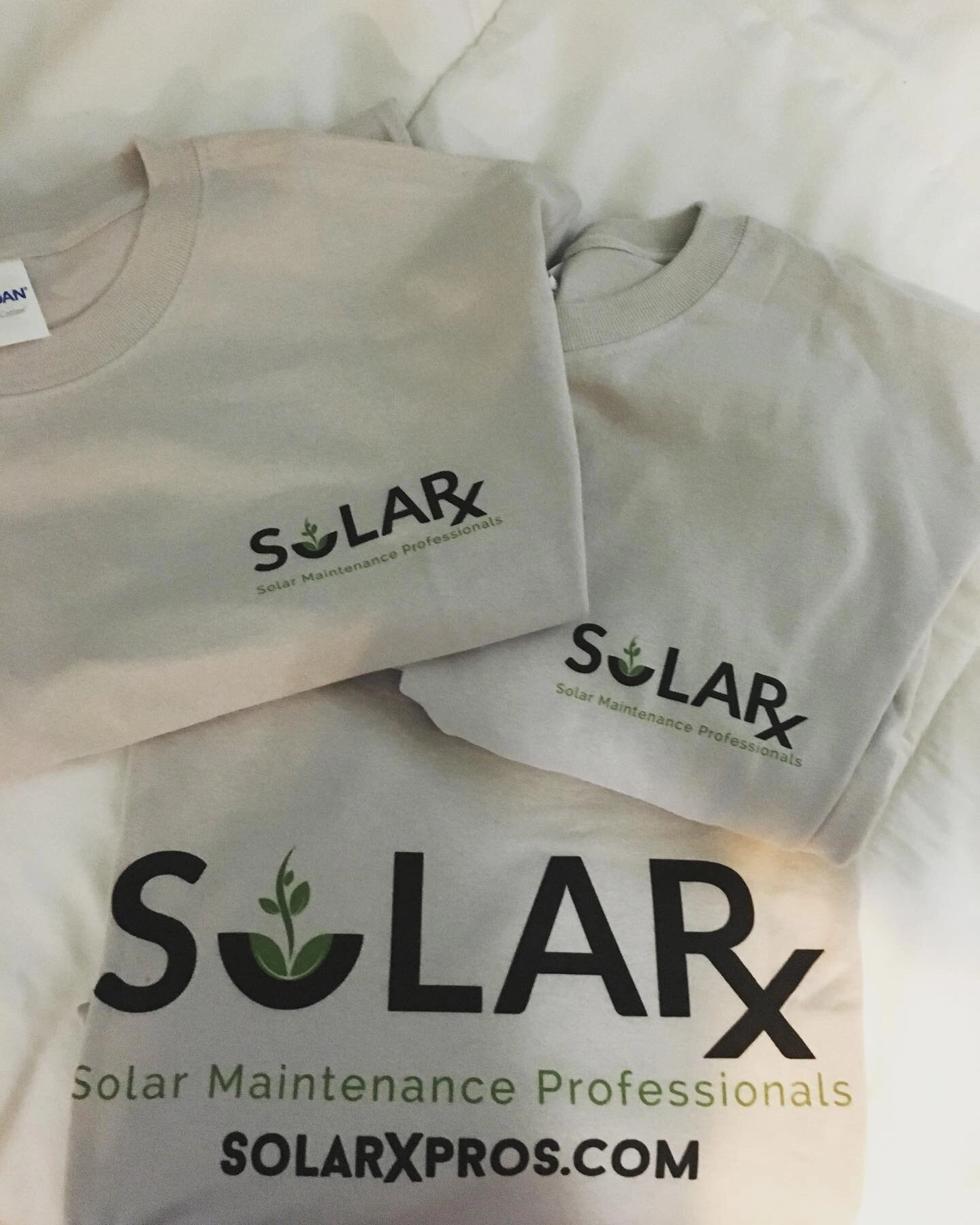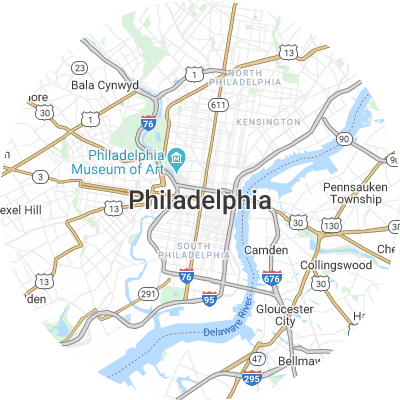Our editorial team is committed to creating independent and objective content focused on helping our readers make informed decisions. To help support these efforts we receive compensation from companies that advertise with us.
The compensation we receive from these companies may impact how and where products appear on this site. This compensation does not influence the recommendations or advice our editorial team provides within our content. We do not include all companies, products or offers that may be available.
Last Updated: February 25, 2025
Rooftop solar is one of the most easily accessible forms of renewable energy for Philadelphia homes. Making the transition to solar energy can help you save money and shrink your carbon footprint, but you want to make sure you find a trustworthy installer. Luckily, we’ve conducted comprehensive research local solar installers and put together a guide to the best solar companies in Philadelphia. These reputable providers are smart choices homeowners can depend on.

Our Rating
User Rating
Reliable customer support
Free quotes
Clear pricing policy
Informative resources
Services Offered

Our Rating
User Rating
Free quotes
Clear pricing policy
Reliable customer support
Informative resources
Services Offered

Our Rating
User Rating
Free quotes
Reliable customer support
Clear pricing policy
Informative resources
Services Offered

Our Rating
User Rating
Clear pricing policy
Informative resources
Reliable customer support
Free quotes
Services Offered

Our Rating
User Rating
Clear pricing policy
Informative resources
Free quotes
Reliable customer support
Services Offered

Our Rating
User Rating
Free quotes
Clear pricing policy
Reliable customer support
Informative resources
Services Offered

Our Rating
User Rating
Free quotes
Informative resources
Clear pricing policy
Reliable customer support
Services Offered

Our Rating
User Rating
Informative resources
Reliable customer support
Free quotes
Clear pricing policy
Services Offered

Our Rating
User Rating
Clear pricing policy
Informative resources
Free quotes
Reliable customer support
Prompt service delivery
Services Offered

Our Rating
User Rating
Informative resources
Clear pricing policy
Prompt service delivery
Reliable customer support
Services Offered
Today's Homeowner looks at dozens of datapoints on solar companies to come up with our data-driven rankings. It's not possible for a company to pay for preferential treatment in our rankings. We look at the following key factors in determining who should top our list:
Installing solar panels can lower your electricity costs and help the environment by reducing your carbon footprint. When evaluating if a solar provider is the best option for you, consider these key factors.
Confirm that your solar installer is properly licensed. This ensures that the work is done correctly using current best installation practices. There are no state-level contracting licenses issued in the Commonwealth of Pennsylvania, so each city or county can set its own requirements and terms.
Check review sites like TrustPilot, the Better Business Bureau (BBB), and Google Reviews to see feedback from past customers on local solar companies. Detailed reviews can help you evaluate a company's dependability and customer service. Use caution with companies that have very few reviews or mostly negative ones.
Get free, detailed quotes from 3–5 solar companies. A quote should list all costs and identify the solar parts included. Comparing several quotes can help you find the most cost-effective option.
Top-notch solar installations should come with strong workmanship and performance guarantees. A workmanship guarantee covers installation defects, such as cracks in the panels, poor alignment, or poor wiring. A performance warranty ensures a minimum energy output. Comprehensive warranties indicate that a solar company believes in its work.
Solar energy can help lower your electricity costs in the long run. When evaluating solar panel's cost and value, be sure to factor in these considerations.
In Philadelphia, solar panels cost an average of $3,550 per kilowatt, with an average system size of 6.5 kilowatts. The typical Philadelphia homeowner spends $16,250 on their solar array after federal tax refunds. An estimate from a local provider will take into account additional information based on your desired system's size, capacity, required preliminary work, and panel type. In some cases, homeowners may prefer to lease solar panels to reduce upfront costs.
Incentive Amount:
Manufacturer loans: $40,000 per job created within 3 years
Manufacturer grants: $5,000 per job created within 3 years
Loans for geothermal systems: $3 per square foot of space served up to $5 million; also limited to 50% of eligible costs for residential systems.
Loans for wind energy production projects: $5 million
Grants for wind energy production projects: $1 million
Grants for feasibility studies: 50% of cost up to $175,000
Loan guarantee grants: Up to 75% of deficient funds up to $5 million
Incentive Amount:
Varies based on market conditions; during 2015 the market price for PA-sourced SRECs has ranged from approximately $32 - $55/MWh ($0.032 - $0.055/kWh) although individual trades have taken place at substantially lower and higher prices.
Generally speaking, a solar photovoltaic (PV) system can be used to power any household system or appliance that uses electricity. In the simplest case, you can use a solar water heating system.
There are a number of advantages of home solar energy. You can raise your property values, qualify for tax benefits, and save money. With the right storage equipment, solar panels can also offer you additional energy security and offer some protection from power outages.
It depends on your location and the kind of panels you plan to use. Since there's a moderate amount of snowfall in Philadelphia, your best time to get solar is in the spring and fall.
Your payback period is the time to achieve an ROI on your solar panels. It will vary based on the average sunlight in your area, the rate your utility charges per kilowatt of power, and their rated capacity. Philadelphia gets quite a bit of sunlight per day, so an average payback period could last up to 15.2 years per 5 kW of capacity.
Net metering is a power purchasing policy that allows solar energy system owners to be compensated for the amount of energy they put back into the grid. It's available in most states and is a great way to reduce energy costs.
While solar energy might not be ideal for some in dark or wet areas, the latest generation of equipment and energy storage systems could boost your property's solar viability enough to achieve a return on investment. A contractor could also recommend a different primary source of renewable energy like wind or geothermal to boost your generation.
